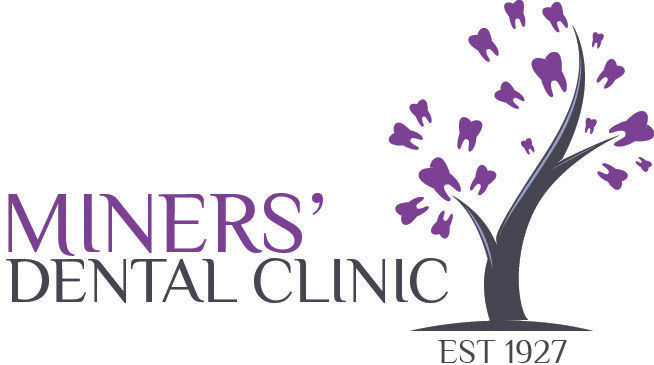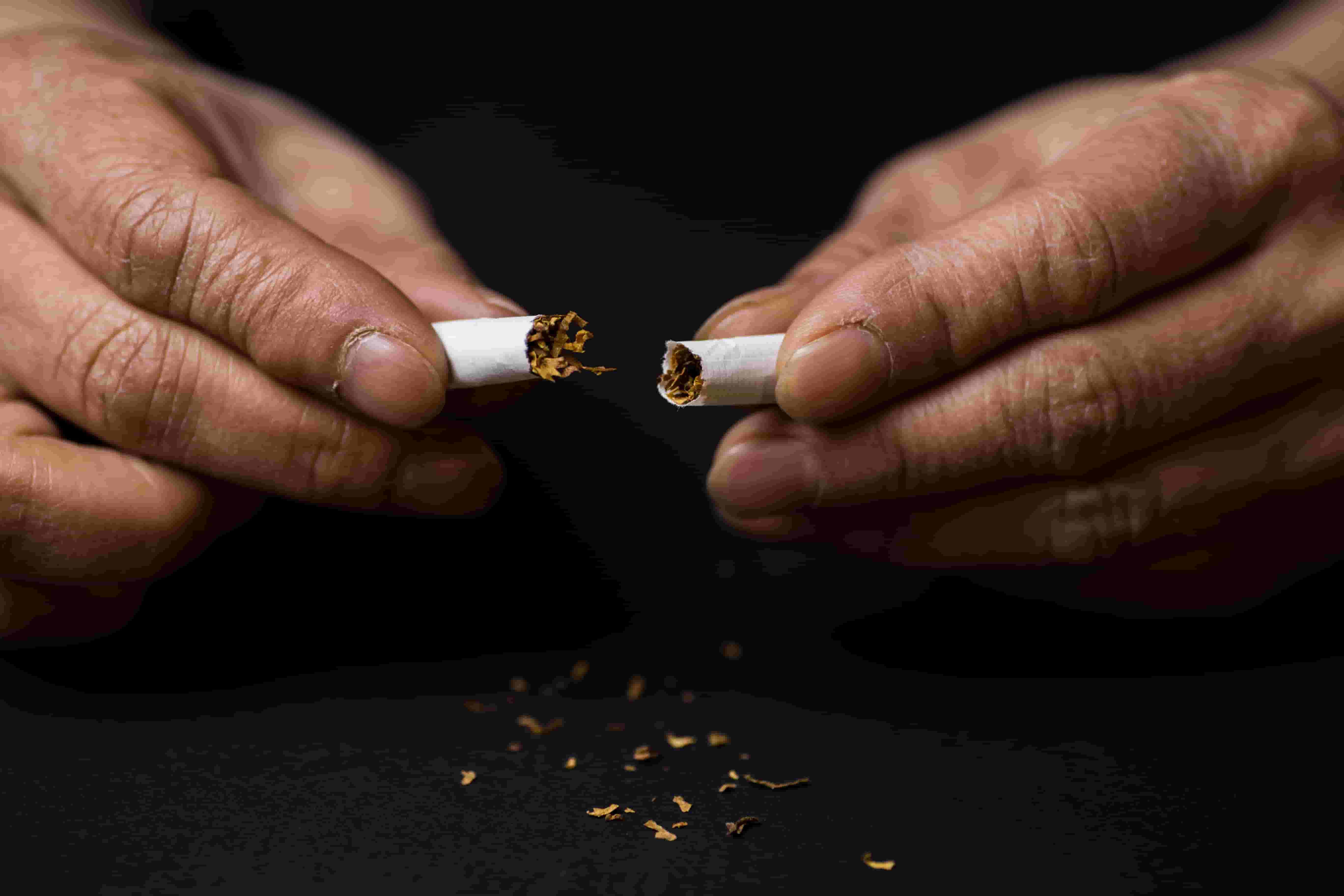Smoking is a well-known health hazard that affects various parts of the body, and the mouth is no exception. The adverse effects of smoking on oral health are significant and can lead to a variety of dental problems. This blog will explore the impact of smoking on oral health, how it affects your teeth and gums, and what you can do to protect your oral health. By understanding these effects, you can make informed decisions to maintain a healthy mouth.
How Smoking Affects Oral Health
Smoking introduces harmful chemicals into the mouth, which can damage the tissues and disrupt the natural balance of the oral environment. Here are some of the primary ways smoking affects oral health:
-
Stained Teeth: The nicotine and tar in tobacco products can cause teeth to become yellow or brown. These stains are often stubborn and difficult to remove with regular brushing alone.
-
Bad Breath: Smoking causes chronic bad breath, also known as halitosis. The chemicals in tobacco can linger in the mouth, leading to an unpleasant odour.
-
Gum Disease: Smoking is a major risk factor for gum disease. It weakens the immune system, making it harder for the body to fight off infections in the gums. Smokers are more likely to develop gingivitis and periodontitis, which can lead to tooth loss if untreated.
-
Tooth Decay: Smoking can reduce saliva production, leading to dry mouth. Saliva is essential for neutralising acids and washing away food particles. A dry mouth increases the risk of tooth decay and cavities.
-
Slow Healing: Smoking slows down the healing process. This can be particularly problematic after dental procedures such as extractions, implants, or periodontal treatments. Smokers may experience longer recovery times and complications.
-
Oral Cancer: Smoking is a leading cause of oral cancer. The chemicals in tobacco can cause mutations in the cells of the mouth, leading to cancerous growths. Regular smokers have a significantly higher risk of developing oral cancer than non-smokers.
The Link Between Smoking and Gum Disease
Gum disease, also known as periodontal disease, is one of the most common oral health problems associated with smoking. The disease starts with gingivitis, which is an inflammation of the gums. If left untreated, it can progress to periodontitis, a more severe form that affects the bone and supporting structures of the teeth.
How Smoking Contributes to Gum Disease:
-
Reduced Blood Flow: Smoking reduces blood flow to the gums, depriving them of oxygen and nutrients. This makes the gums more susceptible to infection and slows down the healing process.
-
Weakened Immune Response: The chemicals in tobacco weaken the immune system, making it harder for the body to fight off infections. This increases the risk of developing gum disease.
-
Bacterial Growth: Smoking can alter the balance of bacteria in the mouth, promoting the growth of harmful bacteria that cause gum disease.
Symptoms of Gum Disease:
-
Red, swollen, or bleeding gums
-
Persistent bad breath
-
Receding gums
-
Loose teeth
-
Painful chewing
If you notice any of these symptoms, it�s important to see a dentist promptly for evaluation and treatment.
Smoking and Oral Cancer
Oral cancer is a serious and potentially life-threatening condition. Smoking is one of the leading causes of oral cancer, and the risk increases with the amount and duration of smoking.
Areas Affected by Oral Cancer:
-
Lips
-
Tongue
-
Cheeks
-
Floor of the mouth
-
Hard and soft palate
-
Sinuses
-
Throat
Signs and Symptoms of Oral Cancer:
-
Persistent sores or ulcers in the mouth that do not heal
-
Lumps or thickening in the cheek
-
White or red patches on the gums, tongue, or lining of the mouth
-
Difficulty chewing, swallowing, or moving the jaw or tongue
-
Numbness in the tongue or other areas of the mouth
-
Chronic sore throat or hoarseness
Regular dental check-ups can help in the early detection of oral cancer. If you experience any of these symptoms, it�s crucial to see a healthcare professional as soon as possible.
Quitting Smoking: Benefits for Oral Health
Quitting smoking can have immediate and long-term benefits for your oral health. Here�s what you can expect when you stop smoking:
-
Improved Gum Health: Quitting smoking can improve blood flow to the gums, promoting healing and reducing the risk of gum disease.
-
Fresher Breath: Without the lingering chemicals from tobacco, your breath will become fresher.
-
Reduced Risk of Oral Cancer: The risk of developing oral cancer decreases significantly after quitting smoking.
-
Whiter Teeth: Over time, your teeth may become less stained, and their natural colour can be restored.
-
Better Healing: Your body�s ability to heal after dental procedures will improve, reducing the risk of complications.
Tips for Quitting Smoking
Quitting smoking is challenging, but it�s one of the best things you can do for your oral and overall health. Here are some tips to help you quit:
-
Set a Quit Date: Choose a date to quit smoking and stick to it. Make sure it�s a time when you don�t expect high stress.
-
Seek Support: Tell your friends, family, and colleagues that you�re quitting. Their support can be invaluable.
-
Consider Nicotine Replacement Therapy: Nicotine patches, gum, lozenges, and inhalers can help reduce withdrawal symptoms.
-
Join a Support Group: Support groups can provide motivation and practical advice from people who understand what you�re going through.
-
Avoid Triggers: Identify and avoid situations that trigger the urge to smoke. This might include certain places, activities, or people.
-
Stay Active: Physical activity can help reduce cravings and improve your mood.
-
Consult a Professional: Your dentist or doctor can offer advice and resources to help you quit smoking.
The Role of Regular Dental Check-ups
Regular dental check-ups are essential for maintaining good oral health, especially if you smoke. Dentists can detect early signs of gum disease, oral cancer, and other smoking-related issues. During a check-up, your dentist will:
-
Examine your teeth and gums for signs of disease
-
Perform a thorough cleaning to remove plaque and tartar
-
Check for oral cancer signs
-
Provide advice on quitting smoking and maintaining oral health
Conclusion
Smoking has a profound impact on oral health, leading to stained teeth, bad breath, gum disease, tooth decay, slow healing, and an increased risk of oral cancer. Quitting smoking can significantly improve your oral health and overall well-being. Regular dental check-ups are crucial for detecting and managing the effects of smoking on your oral health.
If you�re concerned about the impact of smoking on your oral health or need support in quitting, contact Miners Dental Clinic. Their experienced team is dedicated to helping you achieve a healthy smile and providing the care you need to overcome the challenges of smoking. Remember, it�s never too late to quit smoking and start taking better care of your oral health.


